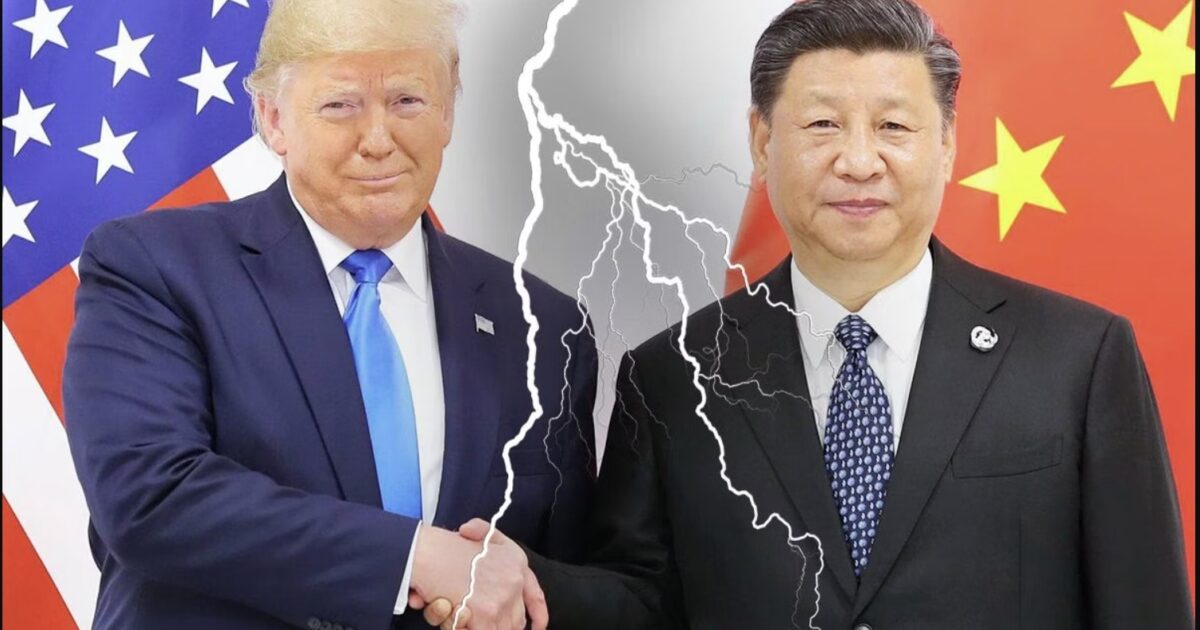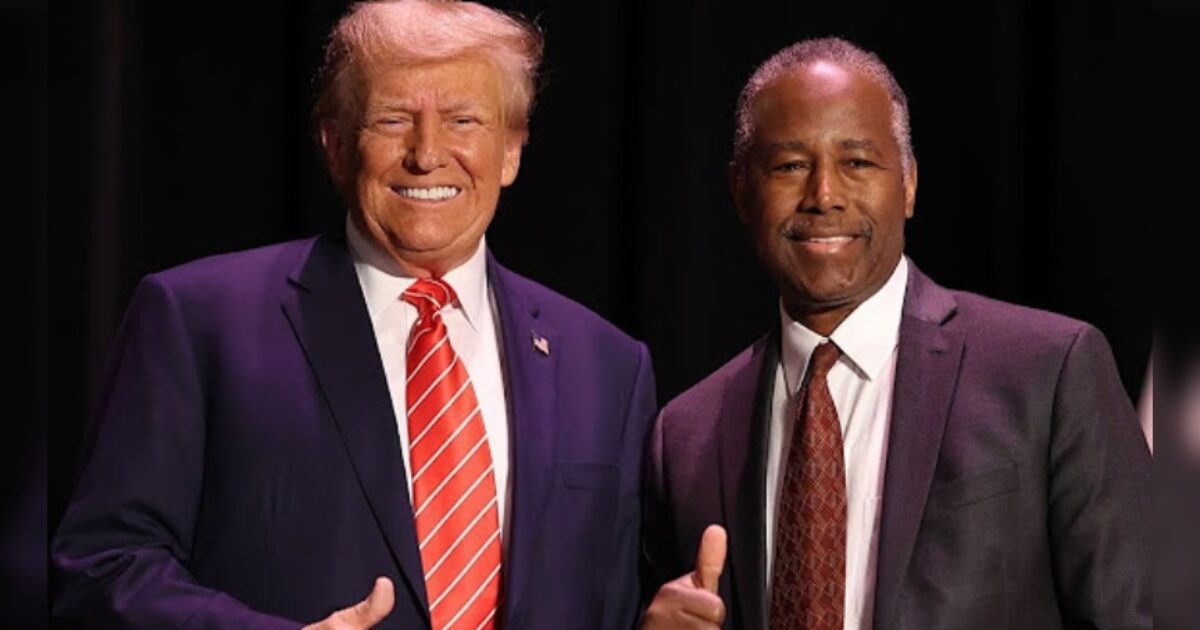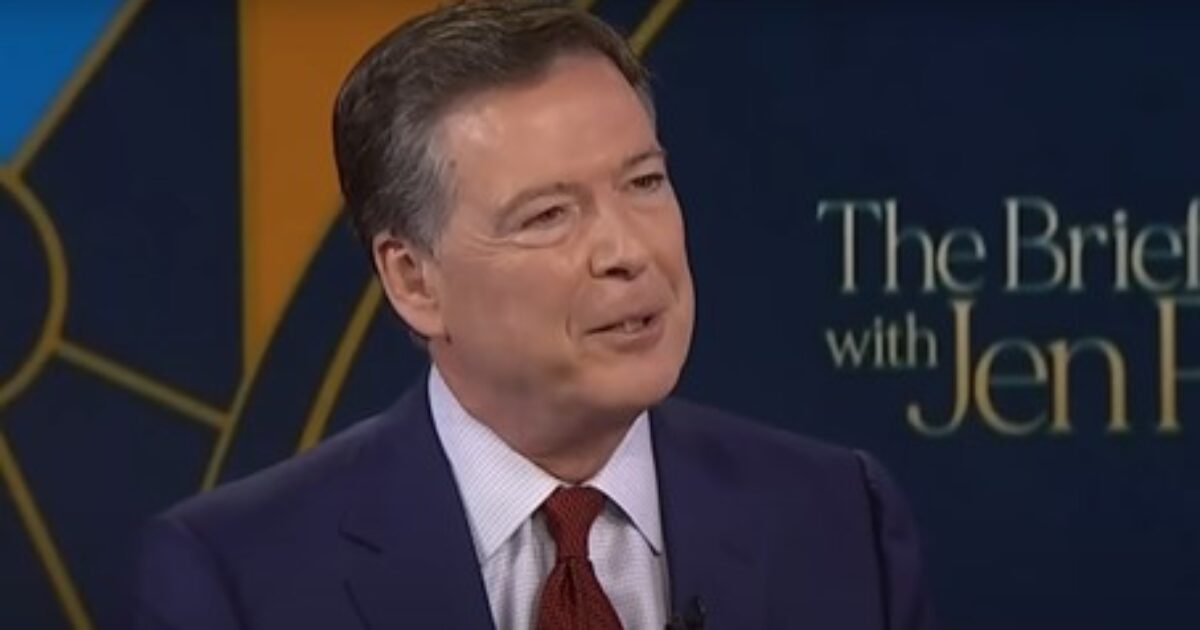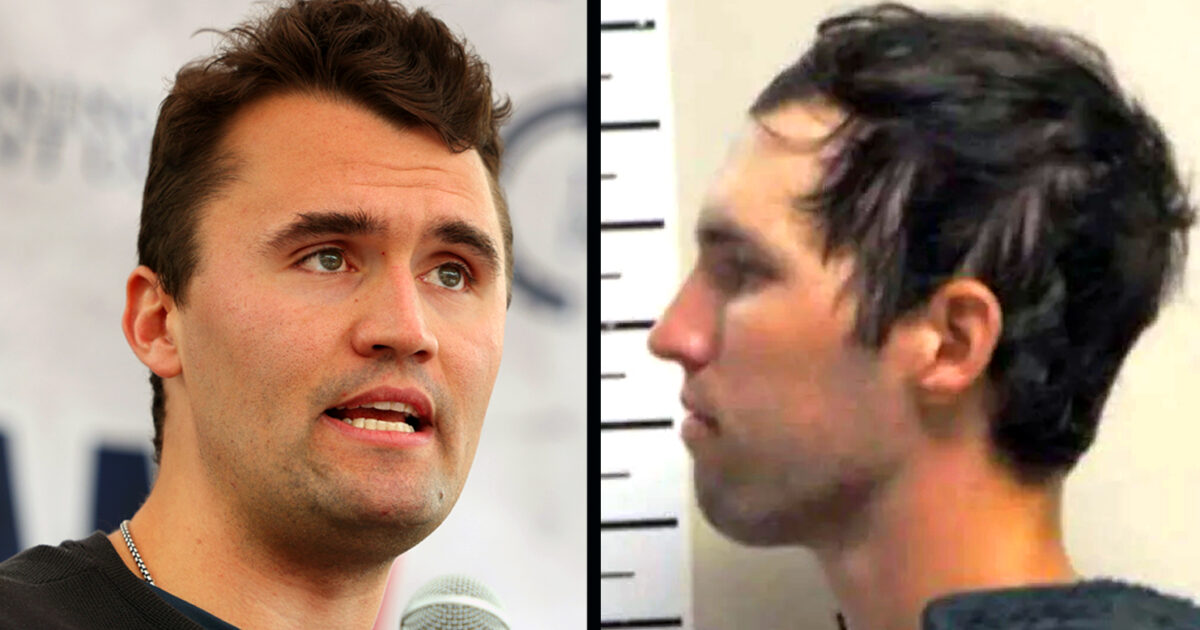Politics
Trump: The Toughest President on China in U.S. History

 Photo courtesy of Xinhua
Photo courtesy of Xinhua
The consensus among America’s intelligence and defense establishments is that China represents the most comprehensive threat to U.S. economic and national security interests. The 2025 Annual Threat Assessment from the U.S. Intelligence Community identifies China as presenting “the most comprehensive and robust military threat to U.S.” forces, while the FBI has declared that “the counterintelligence and economic espionage efforts emanating from the government of China and the Chinese Communist Party are a grave threat to the economic well-being and democratic values of the United States.”
The Defense Intelligence Agency’s 2025 assessment flags China as “the long-term pacing challenge,” noting its military modernization, expanding defense budget, and assertive foreign policy as contributing to elevated risk for America.
Amid this unprecedented threat, many China analysts view President Trump’s tough stance as a necessary response to safeguard American sovereignty, economic interests, and national security. The Department of Defense’s 2024 China Military Power Report notes China’s nuclear arsenal has grown to over 600 warheads, with projections surpassing 1,000 by 2030. Meanwhile, the U.S. Trade Representative reports that China is pursuing “production and market share targets that can only be achieved through non-market means” across critical economic sectors.
An objective analysis of previous administrations’ approaches to China shows that Donald Trump has implemented the most aggressive and comprehensive economic measures of any American president.
Before President Trump launched the U.S.–China trade war in 2018, average U.S. tariffs on Chinese imports were just 3 percent, while China imposed average tariffs of around 8 percent on U.S. goods. To correct this imbalance, Trump implemented aggressive tariff increases, which by his second term had surged to an average of 51.1 percent on all Chinese exports, a more than 15-fold jump. These measures marked the most comprehensive trade action against any major U.S. trading partner in modern history and were widely seen by Trump supporters as a justified response to decades of unfair Chinese practices.
In 2025, Trump threatened tariffs as high as 145 percent on all Chinese goods. While ultimately negotiated down, the implemented rates remain at unprecedented levels. The economic impact has been swift: U.S. tariff revenue reached $24.2 billion in May 2025 alone, while direct imports from China fell 43 percent year-over-year to a 19-year low. Overall, the 2025 tariffs are projected to raise $156.2 billion in federal revenue, equal to 0.51 percent of GDP, making them the largest tax increase since 1993.
Beyond tariff’s, the president’s approach to China extended into a broad, strategic decoupling across multiple sectors. His administration imposed sweeping restrictions on Chinese investment in critical U.S. industries, technology, infrastructure, energy, healthcare, food supplies, farmland, ports, and minerals, primarily through enhanced powers of the Committee on Foreign Investment in the United States (CFIUS).
Trump also restricted China’s access to American capital markets. Executive Order 13959, signed on November 12, 2020, barred U.S. investors from holding securities in companies identified as “Communist Chinese military companies,” forcing divestment from dozens of major Chinese firms and triggering broader financial separation.
In parallel, Trump signed the Holding Foreign Companies Accountable Act, creating a pathway for delisting Chinese firms from U.S. stock exchanges if they fail to comply with American auditing standards for three consecutive years. Since its implementation, the SEC has flagged over 135 companies relying on auditors based in China or Hong Kong for potential future action, though enforcement mechanisms and audit access agreements have prevented mass delistings as of 2025. Many Chinese companies have proactively pursued alternative listings in Hong Kong and other venues in anticipation of potential future enforcement.” These measures were meant to cut Chinese firms off from the world’s largest capital markets.
The Trump administration also targeted Chinese technology with export controls and outright bans. Huawei Technologies was barred from purchasing vital U.S. components and excluded from American telecom networks on national security grounds. Trump further ordered bans on dealings with the Chinese owners of TikTok and WeChat, citing similar concerns. These actions aimed to sever Chinese tech giants from critical U.S. technology and cripple their global operations.
Trump’s decoupling strategy extended to academia. The administration imposed strict visa restrictions on Chinese students and scholars, especially those with ties to the Chinese Communist Party or enrolled in sensitive research fields. Secretary of State Marco Rubio announced that the U.S. would begin “aggressively” revoking such visas, representing a dramatic shift from decades of academic exchange.
Together, these non-tariff actions constituted the most comprehensive economic and technological confrontation with China in modern U.S. history. Unlike previous administrations, Trump’s strategy was unified, far-reaching, and explicitly designed to achieve long-term decoupling from the Chinese Communist Party’s influence.
The post Trump: The Toughest President on China in U.S. History appeared first on The Gateway Pundit.
Politics
President Trump Taps Dr. Ben Carson for New Role — A HUGE Win for America First Agenda

Dr. Ben Carson is the newest member of the Trump administration.
On Wednesday, former Secretary of the Department of Housing and Urban Development, Ben Carson, was sworn in as the national adviser for nutrition, health, and housing at the U.S. Department of Agriculture.
Agriculture Secretary Brooke Rollins shared that Carson’s role will be to oversee Trump’s new Big Beautiful Bill law, which aims to ensure Americans’ quality of life, from nutrition to stable housing.
After being sworn in, Carson shared, “Today, too many Americans are suffering from the effects of poor nutrition. Through common-sense policymaking, we have an opportunity to give our most vulnerable families the tools they need to flourish.”
WATCH:
BREAKING Dr. Ben Carson has been sworn in as the National Nutrition Advisor to Make America Healthy Again
THIS IS A HUGE WIN pic.twitter.com/Dr5AsSDkRM
— MAGA Voice (@MAGAVoice) September 24, 2025
Per USDA:
Today, U.S. Secretary of Agriculture Brooke L. Rollins announced that Dr. Benjamin S. Carson, Sr., M.D., was sworn in as the National Advisor for Nutrition, Health, and Housing at the U.S. Department of Agriculture (USDA).
“There is no one more qualified than Dr. Carson to advise on policies that improve Americans’ everyday quality of life, from nutrition to healthcare quality to ensuring families have access to safe and stable housing,” said Secretary Rollins.
“With six in ten Americans living with at least one chronic disease, and rural communities facing unique challenges with respect to adequate housing, Dr. Carson’s insight and experience is critical. Dr. Carson will be crucial to implementing the rural health investment provisions of the One Big Beautiful Bill and advise on America First polices related to nutrition, health, and housing.
“As the U.S. Secretary of Housing and Urban Development in the first Trump Administration, Dr. Carson worked to expand opportunity and strengthen communities, and we are honored to welcome him to the second Trump Administration to help lead our efforts here at USDA to Make America Healthy Again and ensure rural America continues to prosper.”
“Today, too many Americans are suffering from the effects of poor nutrition. Through common-sense policymaking, we have an opportunity to give our most vulnerable families the tools they need to flourish,” said Dr. Ben Carson. “I am honored to work with Secretary Rollins on these important initiatives to help fulfill President Trump’s vision for a healthier, stronger America.”
On Sunday, Dr. Carson was one of the many speakers at the memorial service of the late TPUSA founder Charlie Kirk.
During the memorial service, Carson highlighted that Kirk was shot at 12:24 p.m. and then continued to share the Bible verse John 12:24, which reads, “Verily, verily, I say unto you, Except a corn of wheat fall into the ground and die, it abideth alone: but if it die, it bringeth forth much fruit.”
WATCH:
Ben Carson reads John 12:24 at the Charlie Kirk’s funeral. Charlie was shot at 12:24.
It reads: “Very truly I tell you, unless a kernel of wheat falls to the ground and dies, it remains only a single seed. But if it dies, it produces many seeds”
God is moving and speaking. pic.twitter.com/0ZbVTAwwYl
— Danny Botta (@danny_botta) September 21, 2025
The post President Trump Taps Dr. Ben Carson for New Role — A HUGE Win for America First Agenda appeared first on The Gateway Pundit.
Politics
LEAKED MEMO: Deep State Prosecutors in the Eastern District of Virginia Claim There Isn’t Enough Evidence to Convict Comey Amid Reports of Imminent Indictment


On Wednesday evening, disgruntled officials in the Eastern District of Virginia leaked contents of a memo explaining why charges should not be brought against James Comey.
As reported earlier, former FBI Director James Comey is expected to be indicted in the Eastern District of Virginia in the next few days.
Comey will reportedly be charged for lying to Congress in a 2020 testimony about whether he authorized leaks to the media.
Officials in the Eastern District of Virginia are still fighting to stop Comey from being charged after Trump fired US Attorney Erik Siebert.
President Trump last week fired Erik Siebert as the US Attorney for the Eastern District of Virginia because he refused to bring charges against Letitia James, Comey, Schiff and others.
On Saturday evening, President Trump announced that he had appointed Lindsey Halligan – his personal attorney who defended him against the Mar-a-Lago raid – as US Attorney for the Eastern District of Virginia.
Now, with just days to go before the statute of limitations runs out to charge Comey for lying during a September 30, 2020 testimony, Lindsey Halligan is reportedly gearing up to indict Comey.
Prosecutors reportedly gave newly sworn-in Halligan a memo defending James Comey and explaining why charges should not brought against the fired FBI Director.
Per MSNBC’s Ken Dilanian:
Two sources familiar with the matter tell me prosecutors in the EDVA US attorney‘s office presented newly sworn US attorney Lindsey Halligan with a memo explaining why charges should not be brought against James Comey, because there isn’t enough evidence to establish probable cause a crime was committed, let alone enough to convince a jury to convict him.
Justice Department guidelines say a case should not be brought unless prosecutors believe it’s more likely than not that they can win a conviction beyond a reasonable doubt.
Two sources familiar with the matter tell me prosecutors in the EDVA US attorney‘s office presented newly sworn US attorney Lindsey Halligan with a memo explaining why charges should not be brought against James Comey, because there isn’t enough evidence to establish probable…
— Ken Dilanian (@DilanianMSNBC) September 24, 2025
The post LEAKED MEMO: Deep State Prosecutors in the Eastern District of Virginia Claim There Isn’t Enough Evidence to Convict Comey Amid Reports of Imminent Indictment appeared first on The Gateway Pundit.
Politics
Nearly 8 in 10 Voters Say the United States is in Political Crisis After the Assassination of Charlie Kirk

Nearly eight in ten voters believe that the United States is in a political crisis in the wake of the assassination of conservative icon Charlie Kirk.
According to a Quinnipiac University national poll of registered voters released on Wednesday, a massive 93 percent of Democrats, 84 percent of independents, and 60 percent of Republicans said the nation is in a political crisis.
“The Kirk assassination lays bare raw, bipartisan concerns about where the country is headed,” Quinnipiac University Polling Analyst Tim Malloy said of the poll results.
Quinnipiac reports:
Seventy-one percent of voters think politically motivated violence in the United States today is a very serious problem, 22 percent think it is a somewhat serious problem, 3 percent think it is a not so serious problem, and 1 percent think it is not a problem at all.
This is a jump from Quinnipiac University’s June 26 poll when 54 percent thought politically motivated violence in the United States today was a very serious problem, 37 percent thought it was a somewhat serious problem, 6 percent thought it was a not so serious problem, and 2 percent thought it was not a problem at all.
Nearly 6 in 10 voters (58 percent) think it will not be possible to lower the temperature on political rhetoric and speech in the United States, while 34 percent think it will be possible.
Over half, 54 percent, of voters believe the US will see increased political violence over the next few years. Another 27 percent said they think it will stay “about the same,” while just 14 percent believe it will ease.
A 53 percent majority also said they are “pessimistic about freedom of speech being protected in the United States.”
Surprisingly, a 53 percent majority also believes the current system of democracy is not working.
“From a perceived assault on freedom of speech to the fragility of the democracy, a shudder of concern and pessimism rattles a broad swath of the electorate. Nearly 80 percent of registered voters feel they are witnessing a political crisis, seven in ten say political violence is a very serious problem, and a majority say this discord won’t go away anytime soon,” Malloy added.
The vast majority, 82 percent, said the way that people discuss politics is contributing to the violence.
“When asked if political discourse is contributing to violence, a rare meeting of the minds…Republicans, Democrats, and independents in equal numbers say yes, it is,” Malloy said.
The survey was conducted from September 18 to 21 among 1,276 registered voters with a margin of error of +/- 3.3 percentage points.
The post Nearly 8 in 10 Voters Say the United States is in Political Crisis After the Assassination of Charlie Kirk appeared first on The Gateway Pundit.
-

 Entertainment6 months ago
Entertainment6 months agoNew Kid and Family Movies in 2025: Calendar of Release Dates (Updating)
-

 Entertainment3 months ago
Entertainment3 months agoBrooklyn Mirage Has Been Quietly Co-Managed by Hedge Fund Manager Axar Capital Amid Reopening Drama
-
Tech6 months ago
The best sexting apps in 2025
-

 Entertainment5 months ago
Entertainment5 months agoKid and Family TV Shows in 2025: New Series & Season Premiere Dates (Updating)
-

 Tech7 months ago
Tech7 months agoEvery potential TikTok buyer we know about
-
Tech7 months ago
iOS 18.4 developer beta released — heres what you can expect
-

 Tech7 months ago
Tech7 months agoAre You an RSSMasher?
-

 Politics7 months ago
Politics7 months agoDOGE-ing toward the best Department of Defense ever





